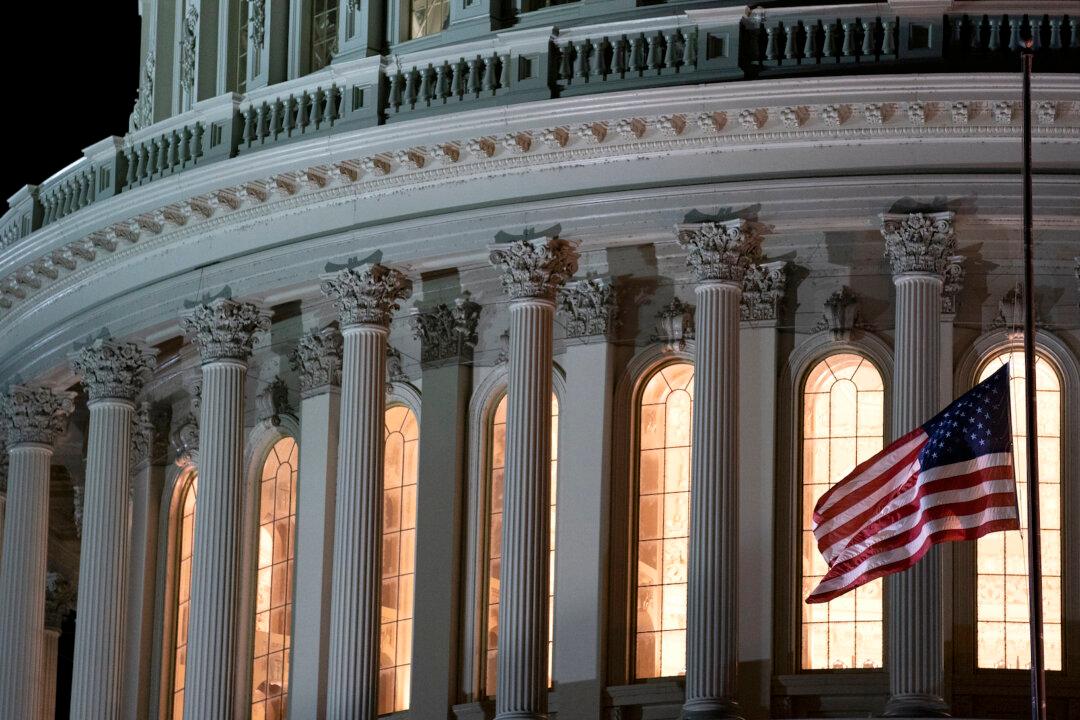News Analysis
Senate Democrats have virtually no chance of stopping Republicans in the chamber from confirming a sixth conservative justice on the nation’s highest court before the Nov. 3 election, Senate experts on both sides of the aisle tell The Epoch Times.





